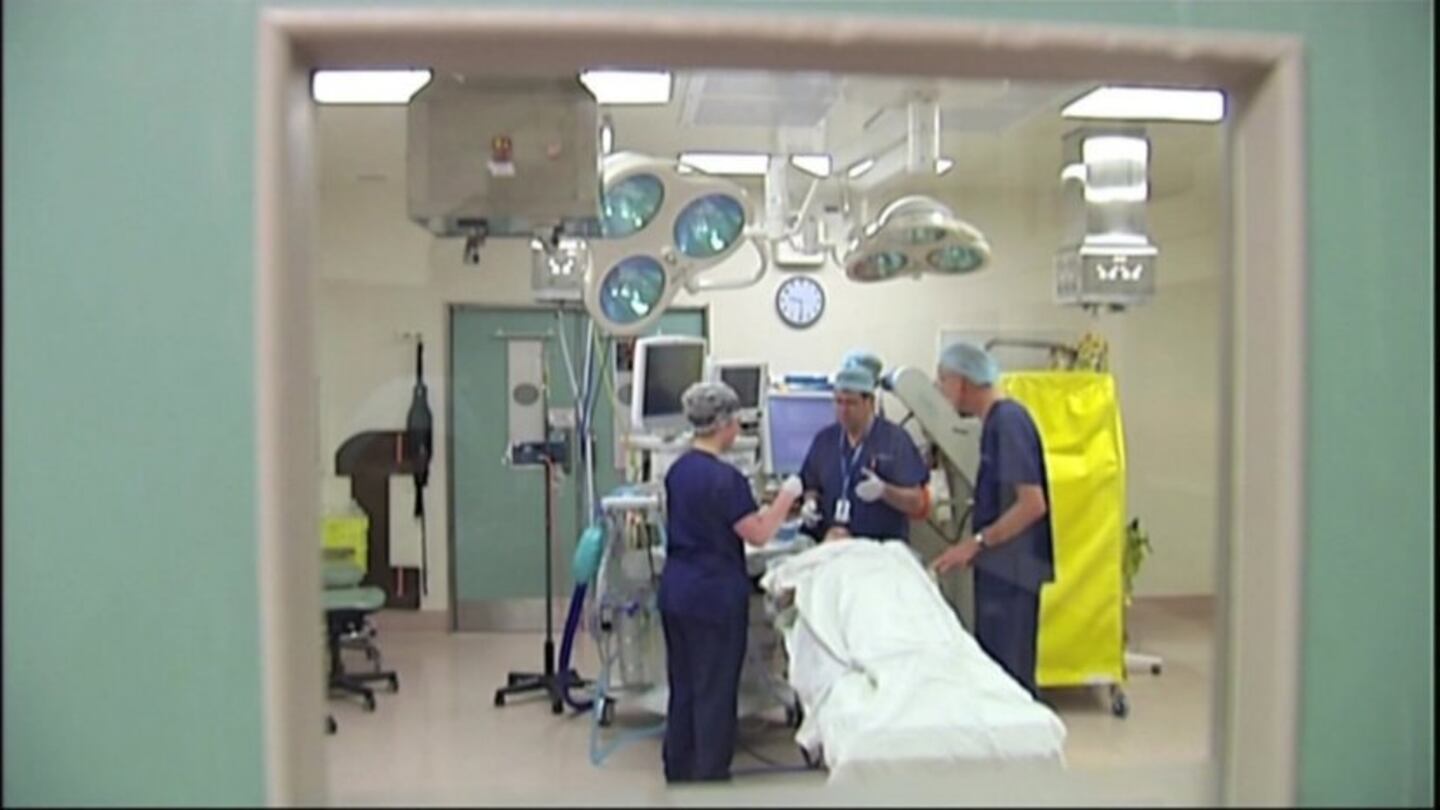The country’s two biggest political parties have weighed in on the prioritisation of Māori and Pasifika patients on public surgical waiting lists to achieve equity.
Te Whatu Ora has been using an equity adjustor score tool, which aims to reduce inequity by using an algorithm to prioritise patients and give Māori and Pasifika more equitable treatment.
The tool looks at time spent on the waitlist, geographical location and deprivation level but ethnicity has been the focus recently.
While Labour leader and Prime Minister Chris Hipkins says clinical urgency will be the primary factor for who gets treated, he notes Māori, Pasifika, and rural communities “are waiting longer for clinical healthcare than patients in other demographics,” something Hipkins says is “not fair”.
“Even if it’s unintended discrimination there shouldn’t be that level of discrimination in the health system.
“I think it’s right that our clinicians are working hard to make sure that access to healthcare is equitable. I think it’s important that they don’t replace one form of discrimination with another and I know that’s what they’ll be working hard to achieve.”
National’s health spokesperson Dr Shane Reti says he’s received messages from within the health sector that the equity adjustor tool, that’s been in use since February in Auckland, is of concern – and that it should only be based on “health need” before it evolves into more.
Not the way to close gaps
“As soon as we move away from health need as the first principle for clinical decision making on surgical waiting lists, significant problems will occur.”
Though he acknowledges the health inequities for Māori, Reti believes more cultural competency across the health sector is needed to close the gap.
“I’m not denying that at all but this is not the way to adjust them or to address them, and cultural competency across the sector is how we should be doing it.
“Why do we need ethnicity? If we’re wanting to address inequities those other factors, which apply to everyone, address inequities.”
In March 2021, Reti advocated for Māori and iwi health providers to be given what was needed to increase Māori Covid vaccination.
Reti still carries a similar stance, saying resources and funds will address inequities.
“I think there are some structural things that we can do to reduce inequities. Those are things that I’ll be bringing forward to the [National ] manifesto.”




